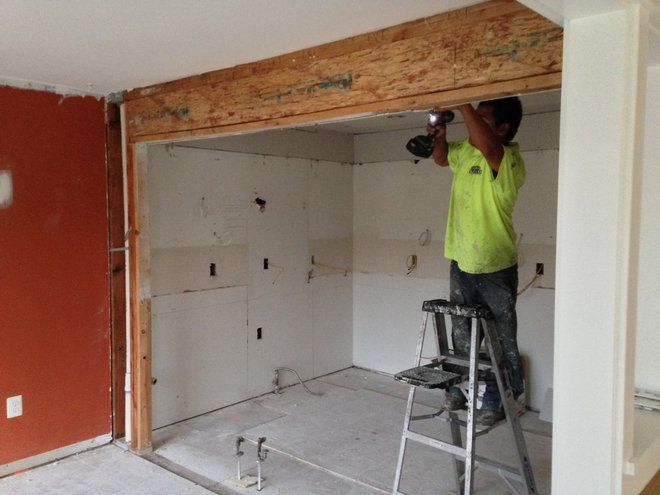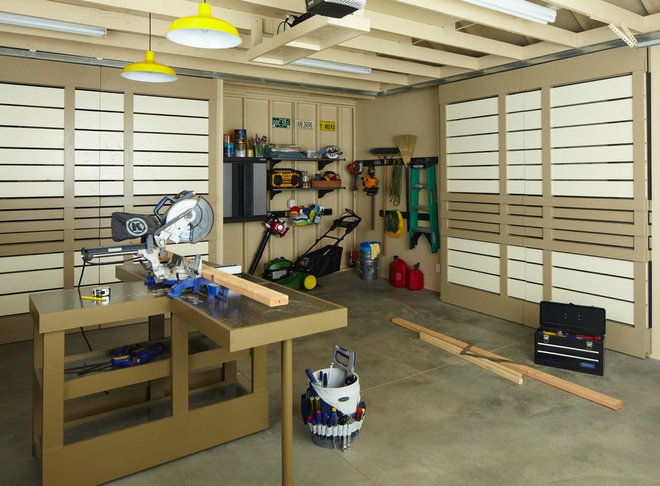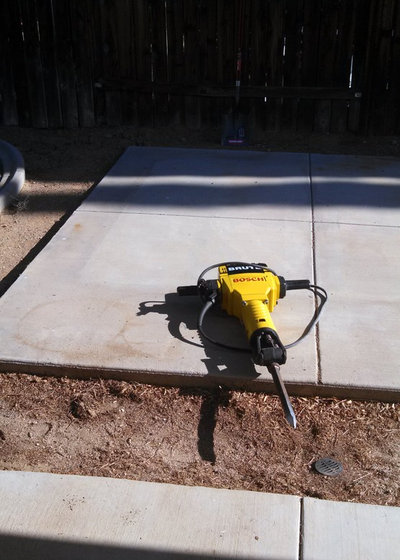“We always recommend a Home Warranty to our clients, and here are just some of the reasons why.”
Denise Buck & Ed Johnson – DC Metro Realty Team
Originally published by American Home Shield
According to Consumer Reports, here are some of the most common appliance problems and repairs with data to support the results.

As a homeowner, you depend on your appliances to run smoothly so you can get through life with minimal disruptions. Unfortunately, nothing lasts forever, and that goes double for appliances. Refrigerators, ranges, microwaves, dishwashers and other appliances have limited lifespans, and when they break down, you need to get them fixed right away.
A home warranty can help you cover the costs of unexpected appliance breakdowns. When you choose a home warranty from American Home Shield®, your covered home systems and appliances are taken care of, no matter how old they are. Duplicate appliances — like that second refrigerator in your garage — are covered too.
Any appliance can break down, but some do so more often than others. The Survey Research team at Consumer Reports has collected breakdown data on more than 381,000 appliances purchased between 2008 and 2018. Here are some of the most common appliance breakdowns reported by consumers.
Ranges
According to Consumer Reports, 6 percent of homeowners report problems with gas burners or cooktop elements not lighting or heating up, and the same number report problems with the oven not heating up. On gas ranges, it’s usually the ignition system that breaks. Problems with gas burners are also common.
On both electric and gas ranges, the oven temperature sensor (which collects temperature information to help regulate the oven’s temperature) or the oven bake element (which heats the oven) is most likely to break. Often, the ignition system for gas burners gets clogged with food debris and can be cleaned out with soap and warm water.
Refrigerators
If you have a refrigerator with an ice or water dispenser, you probably enjoy getting fresh, cold water and ice on demand — but you’re probably not so excited to learn that your water and ice maker is the most likely part of your refrigerator to break, with 17 percent of Consumer Reports members complaining about a dispenser that stops working. 13 percent complain of an ice maker that no longer makes ice. 7 percent report a buildup of ice in the refrigerator, while 6 percent report water leakage, and 5 percent say the refrigerator isn’t cooling. The ice maker, evaporator fan motor and thermostat are common culprits of breakdowns.
Dishwashers
Have you ever opened up your dishwasher after a cycle and realized that your dishes still aren’t clean? 11 percent of those surveyed noted that their dishwasher has stopped cleaning dishes properly, while 9 percent said that it is no longer drying properly, and 7 percent said that it’s no longer draining properly. As with range burner problems, some dishwasher problems can be fixed at home by cleaning out the filter or sprayer arms.
However, if you do need a new part for your dishwasher, it’ll most likely be the inlet valve, which lets water flow into your dishwasher; the wash arm, which sprays the dish racks with water; the drain pump, which empties your dishwasher of dirty water; or the circulation pump, which is responsible for spraying water forcefully out of the wash arm to clean your dishes.
Washers and Dryers
Front-loading washing machines are popular these days, but 14 percent of customers surveyed about their washing machines complained of mold around the front-loading door. You can clean your front-loading washing machine by running a hot cycle with baking soda and vinegar and drying out the inside of the drum, as well as the door and door seals, with a clean, dry cloth afterward. Prevent the recurrence of mold by drying your door seals after each load, and repeat the vinegar wash monthly.
Moldy doors aren’t the only problem washing machine owners reported. Among owners of both top-loading and front-loading models, 6 percent complained that the drum had stopped spinning correctly or at all. 5 percent reported that the washing machine no longer drained properly — if this happens to you, you may be able to drain it yourself after unclogging the drain hose. 4 percent of those surveyed reported a faulty control panel and 3 percent reported water leaking from the machine.
Things that might break on your washing machine include the door or lid switch, which keeps the drum from spinning when the door is open. The drain pump and tub bearings are also common causes of washing machine breakdowns. The most expensive problem to fix, however, is a faulty control panel, Consumer Reports says.
10 percent of those surveyed complained of a dryer not drying their clothes completely. You may be able to fix this yourself by cleaning the lint trap or cleaning out your dryer vent. 7 percent reported faulty drum rollers, motors or belts. Things that tend to break on dryers include the thermal fuse, which keeps the dryer from overheating. A faulty heating element is also common, as is a faulty drum seal.
Built-In Microwaves
Microwaves make preparing meals a snap, but not when they break down. 5 percent of consumers surveyed reported a broken control panel, while 4 percent reported either excessive noise, an inability to heat up food sufficiently, or a broken door that wouldn’t lock or close. 2 percent complained about a turntable not turning or an exhaust fan not working.
You might be able to fix a broken microwave door yourself by checking YouTube videos relevant to your model. A stalled-out turntable may be the result of food debris stuck in the mechanism or underneath the rollers. You may be able to fix a broken microwave control panel yourself by taking it apart and checking the ribbon cable connection.
Don’t Get Overwhelmed by the Numbers — Stay Covered
Don’t let common appliance breakdowns leave you scrambling to cope. A home warranty from American Home Shield can help you keep your covered appliances in good working order without sacrificing your budget or your sanity.











